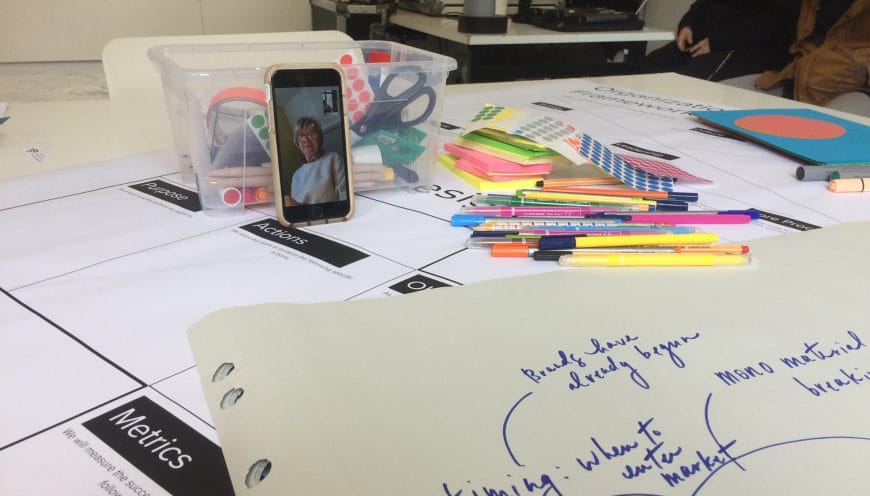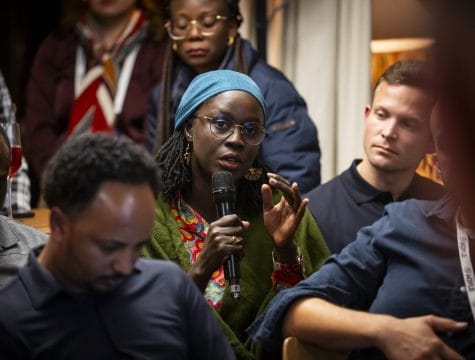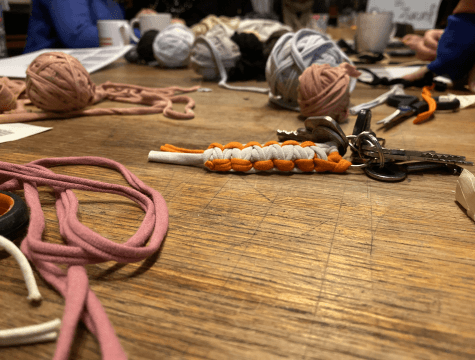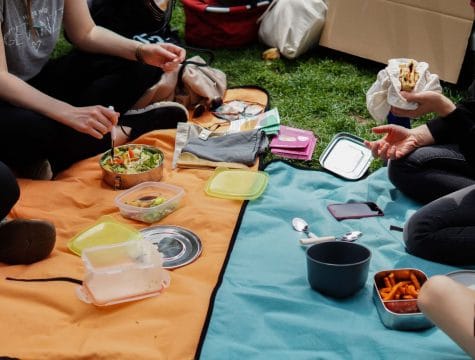Following the Circular Design Sprint in May, a virtual workshop for material use in fashion, participants from both Germany and the Netherlands met in Berlin to take part in a hybrid policy lab workshop as part of All Good(s) in October. All Good(s) is an ongoing programme to foster connection between Dutch and German protagonists in order to support knowledge exchange and material innovation for a circular future. Circular Berlin’s Arianna Nicoletti and Arin Moyer participated in the event as an expert panelist and Sprint team member, respectively.
Participants of the Sprint had worked in five diverse teams over two weeks to re-design traditional garments with circular practices. These experts in the fashion industry were challenged to analyze the obstacles of everyday garments that prevent it from being circular.
The workshop, hosted by Sqetch Agency, circular.fashion, and The Embassy of the Kingdom of the Netherlands, invited the Sprint team members to apply those solutions of circularity in the context of policy in the Netherlands and Germany.
Policy makers and key stakeholders in these two countries were presented these recommendations and discussed their impact, actually and potentially, on the industry for Dutch and German governments, businesses, and consumers during an expert panel discussion following the workshop.
Top 5 Policy Recommendations Discussed:
1. Establish a Deposit System for Clothing
2. Penalise Landfills of Textiles
3. Develop Educational Policies
4. Initialise a Circular Investment Fund
5. Provide Tax Benefits for Circular Business Practices
What the Sprint team members had brainstormed, prototyped, and recommended were applied in a real-world, tangible context with the very people that could propose, implement, and manifest them.
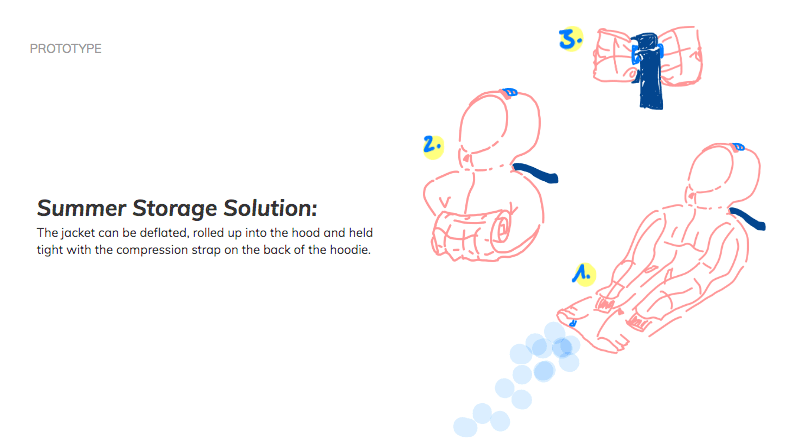


For a circular future to be realized, ideas must be placed in concrete context, policy must be studied and changed, and an exchange of dialogue between diverse players must occur.
Author: Arin Moyer

